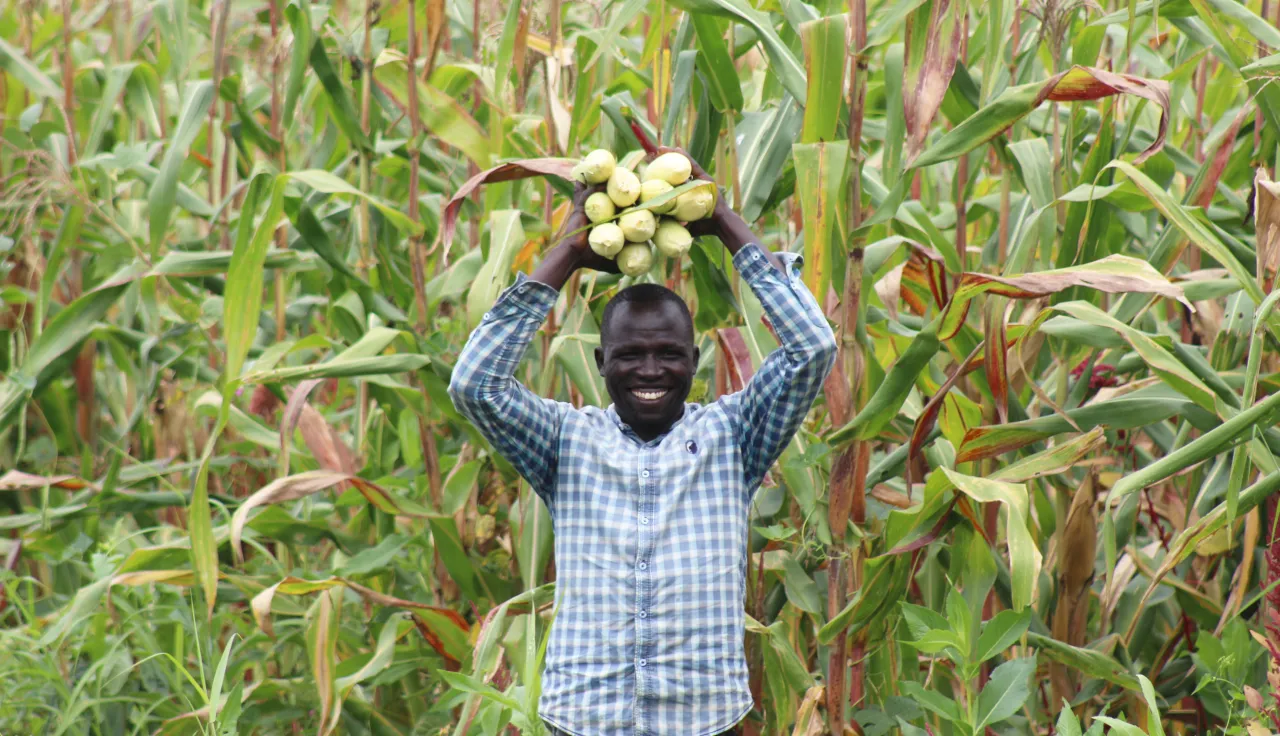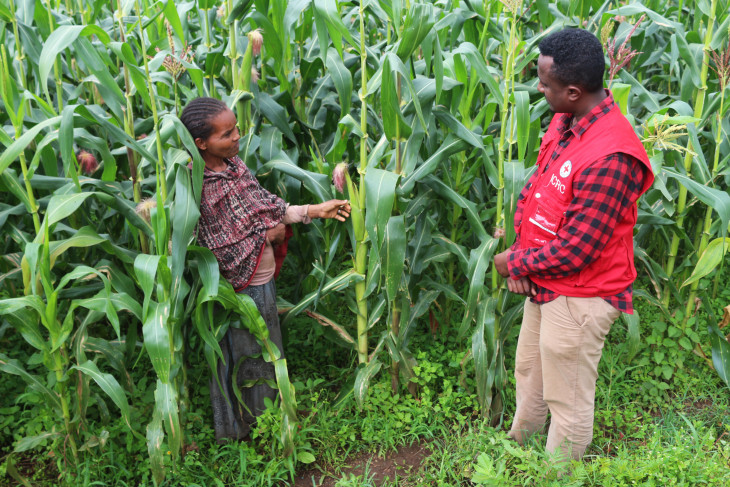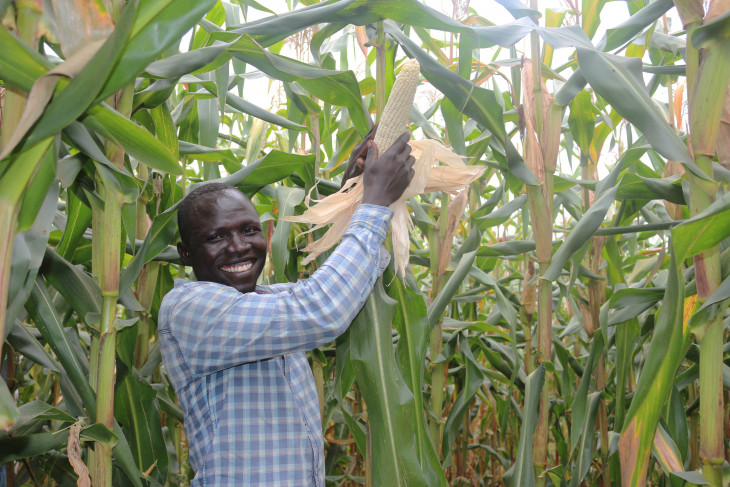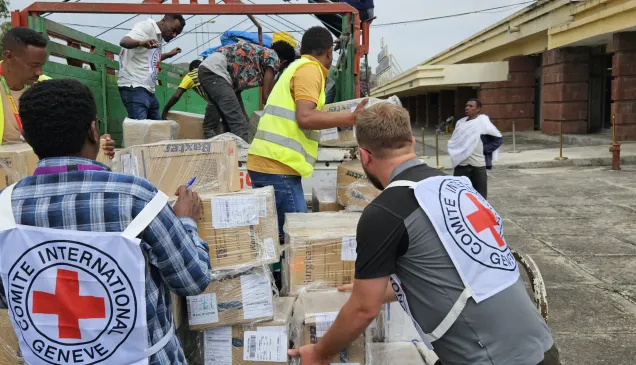Ethiopia: ICRC restoring livelihoods

Together with Ethiopian Red Cross Society (ERCS), the ICRC provided support to conflict-affected communities in Oromia and Benishangul Gumuz regions to help them restore their livelihoods.
Rusha Bekele was displaced by the ethnic conflict that occurred along the Oromia-Benishangul Gumuz border in western Ethiopia, in 2018. She fled along with her four children to a neighboring district, Haro Limu, Oromia region. It took the family three days to reach in the area where they live now crossing on foot a dense forest.
Though she leased 2-hectare farmland from the host community, she didn't have seeds to sow. This worried her very much as she has five mouths to feed.
Amidst her worries, the ICRC, together with ERCS, came up with seeds support. Rusha was among the 4,250 displaced households (settling in Haro Limu and Yaso) who received the support. The distribution benefitted an estimated 25,500 family members.

Rusha talking to an ICRC staff on the status of her maize farm, Haro Limu district in East Wollega Zone, Oromia region, 2020. Henok Birhanu/ICRC
I expect to get a harvest which will be enough to feed my kids and send them back to school. I am very much happy with the support
The ICRC and ERCS distributed 25 kilograms of teff and 12.5 kilograms of maize seeds to the stated number of Internally Displaced People (IDPs) each plus a 1,000 Birr financial support for land preparation in early October 2020, according to Tagash Zemedagegnehu, an agro-economist working with the ICRC.
Abrham Gentse, another recipient, didn't actually flee his home during the conflict like many others did for his farm was a little bit far from where he lives. But he couldn't have access to his 10-hectare farm which he left unharvested for fear of being attacked. And his harvest was taken by others. After many of the displaced persons were back following the restoration of peace in the area, Abrham, leased a 2-hectare land and sowed maize and haricot beans he received from the Red Cross.

Abrham enjoying the benefits of his maize harvest, Yaso district, Kamashi Zone, Benishangul Gumuz region, 2020. Henok Birhanu/ICRC
The seed support has paramount importance in restoring our livelihood
In 2019, the ICRC and ERCS had also supplied similar support in two rounds to more than 7,000 households living in both Haro Limu and Yaso districts benefitting more than 42,000 family members, according to Tagash.
In Ethiopia, through its Economic Security program, the ICRC provides essential household items, seeds and tools and cash grants to people affected by ethnic conflict with an aim to restore their livelihoods.



